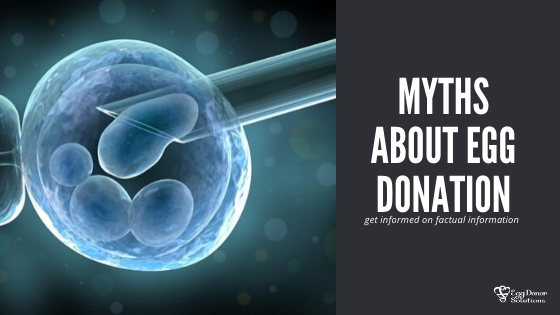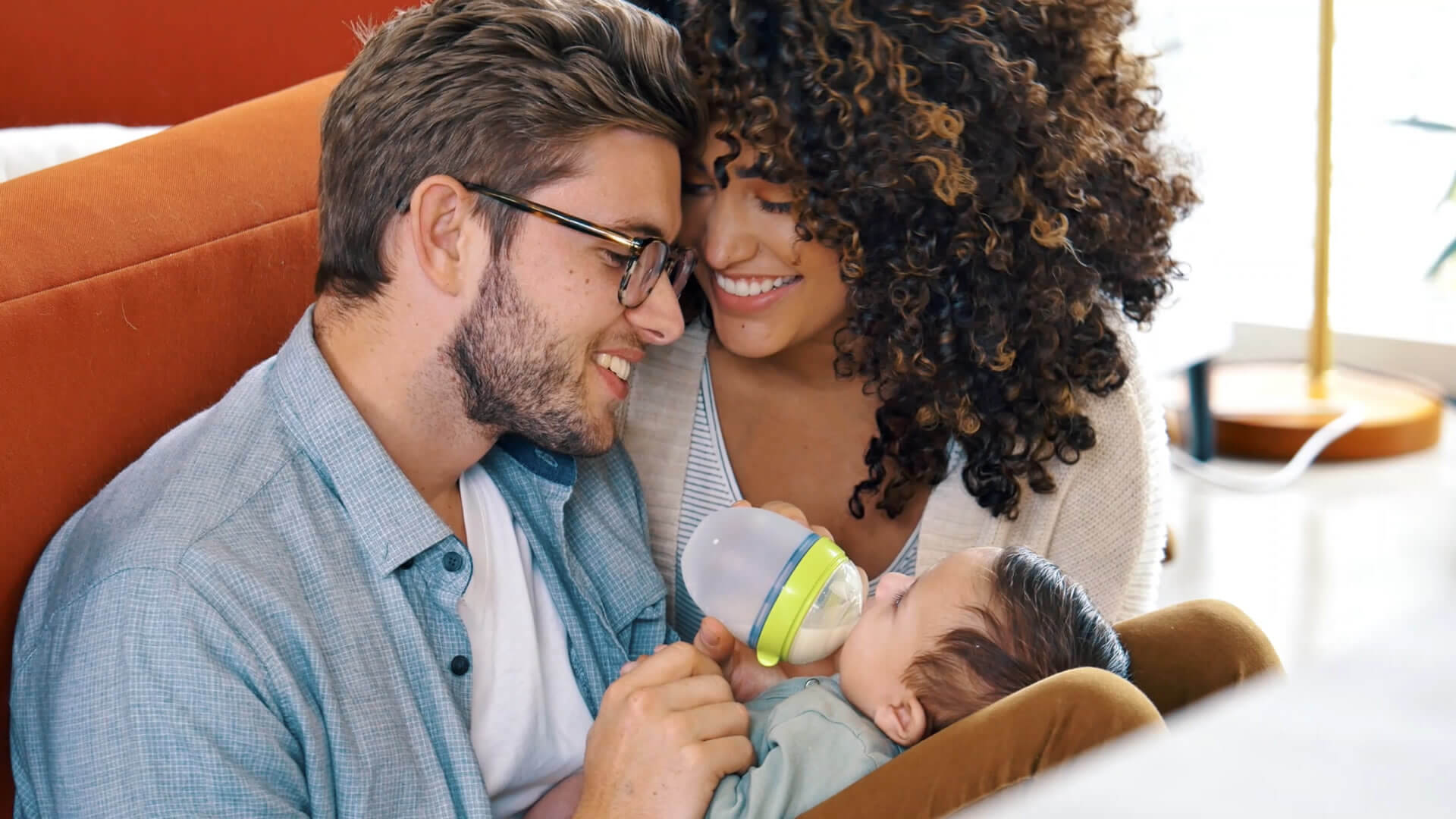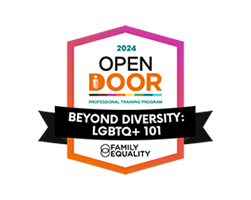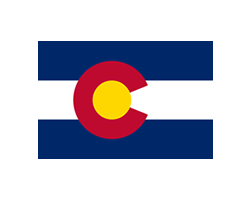
With countless stories, blogs, and other information about egg donation it’s hard to determine what is true and what is a myth. Hopefully, this will help clear up some of those misconceptions for you. If you still have any questions after reading this, feel free to email us directly!
Myth 1: I may become responsible for any offspring that may result from my donated eggs.
False. As an egg donor, you wouldn’t have any rights or responsibilities to any offspring, financially or legally. We have legally binding contracts in place to ensure that once the eggs are retrieved, you are relinquishing all rights for them to the intended parents and their chosen guardians should anything happen to them.
Myth 2: It’s not a donation, women are selling their eggs.
False: Donors receive compensation for their time, effort, inconvenience, possible risks, and any expenses they may incur, including commuting and time missed from work or school. The egg donation process requires commitment and physical investment. It’s not something to be taken lightly. Egg donors are often strongly motivated to help create families—at a minimum, they know they are helping someone in need. That’s why Egg Donor Solutions has a very thorough screening process to ensure that we are having donors who have a heart for giving and are willing to make the commitment.
Myth 3: Donating my eggs will deplete my own egg supply.
False. Every menstrual cycle, a typical woman produces approximately 15-20 eggs. However, only one egg is usually released for ovulation and the body discards the rest. In an egg donation cycle, the donor receives medication to develop all the eggs naturally produced in a cycle. In short, the donation process doesn’t take out any more eggs than what the body naturally puts out. Keep in mind that a woman is born with one to two million eggs inside her ovaries and loses only a few hundred eggs through ovulation in her lifetime.
Due to the extensive testing, no donor will be approved to donate if her own fertility is a concern. This is actually a great way to ensure your body is where it needs to be for your own fertility. In addition, with several different tests and blood work, you will gain insight on your genetic makeup and learn if you are a carrier of any potential genetic concerns.
Myth 4: Any woman can become an egg donor
While we wish this one were true; unfortunately, not all women are eligible to become egg donors. We do have certain criteria such as you have to be between the ages of 21 and 28, in good health, and have regular monthly cycles.
We hope that this gives you a little more clarity on what is really entailed with being an egg donor. We invite to go to our website which offers more educational information and videos, you can view the criteria and apply today!

We help Intended Parents Create Happy Families via Egg Donation & Surrogacy with the help of caring Egg Donors & Surrogates.
What is Egg Donation, Can I be an Egg Donor, Egg Donation Process, Common Egg Donation Questions, Becoming an Egg Donor, Qualifying as an Egg Donor, Egg Donation, Egg Donor process, Why to go through an agency?, Egg Donation Overview.






